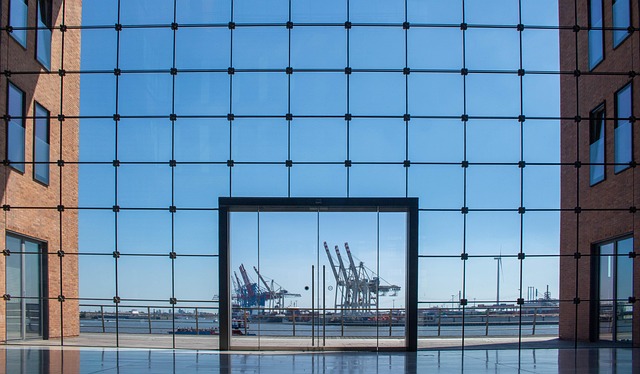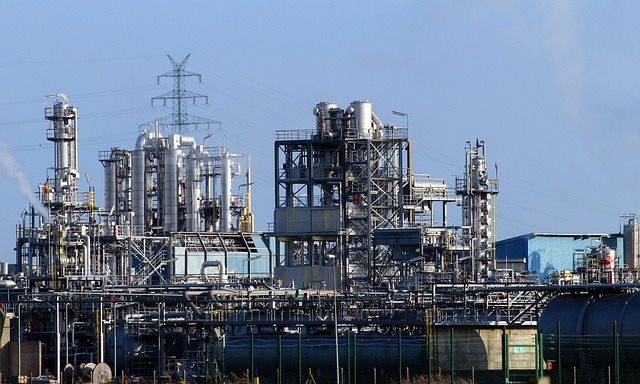Manufacturing facilities demand specialized real estate with ample space, optimal ventilation, lighting, and noise control for worker comfort and product quality. Key considerations include heavy equipment accessibility, loading docks, and parking for efficient logistics. Advanced automation systems, robust infrastructure, smart technology integration, and adequate warehousing are crucial for operational competitiveness. Today's dynamic landscape drives adaptive design and cutting-edge technology, transforming real estate requirements for flexible, efficient, and sustainable modern manufacturing facilities.
Manufacturing facilities drive economies, demanding specialized real estate features that cater to their unique needs. From expansive floor plans for machinery to robust infrastructure for safety and logistics, understanding these requirements is key to optimizing industrial spaces. This article explores the critical elements of manufacturing real estate, focusing on adaptive design, cutting-edge technology, and how they transform traditional facilities into efficient, future-proof production hubs.
Understanding the Unique Needs of Manufacturing Facilities

Manufacturing facilities, unlike traditional office spaces or retail stores, have distinct and specialized needs that must be considered when acquiring or designing their real estate. These needs are driven by the complex processes and equipment involved in production, as well as the safety and efficiency of workers. For instance, ample space is required for machinery and raw materials, with specific layouts to facilitate smooth workflow and easy access for maintenance.
Additionally, proper ventilation, lighting, and noise control are essential elements that impact both worker comfort and product quality. Real estate options should account for these factors to ensure a conducive environment for manufacturing operations. Furthermore, accessibility for heavy equipment, loading docks, and parking spaces are vital considerations in the selection or design of such facilities, ensuring efficient logistics and supply chain management.
Key Specialized Features in Industrial Real Estate

In the realm of industrial real estate, key specialized features are essential for manufacturing facilities to function efficiently and effectively. These features include advanced automation systems that streamline production processes, enhancing speed and precision. Robust infrastructure designed to withstand heavy machinery and high-pressure operations is another critical aspect. High ceilings, reinforced floors, and robust electrical and plumbing systems enable the installation of large-scale equipment.
Additionally, modern manufacturing facilities benefit from smart technology integration, such as IoT sensors for real-time data monitoring and advanced HVAC systems that maintain optimal working conditions. Adequate loading docks, extensive warehousing space, and easy access to transportation networks are also vital for seamless logistics management. These specialized features not only support current operations but also future-proof the facility, ensuring it remains competitive in a rapidly evolving industrial landscape.
The Impact of Adaptive Design and Technology on Manufacturing Spaces

In today’s dynamic manufacturing landscape, adaptive design and cutting-edge technology are transforming real estate requirements. Factories are no longer static structures; they evolve to accommodate flexible production lines, smart automation, and data-driven processes. This shift is driven by the need to remain competitive in a rapidly changing market.
Adaptive design allows for reconfigurable spaces that can quickly adapt to new product demands or production disruptions. Technology, such as IoT sensors and AI analytics, optimizes resource allocation, enhances productivity, and reduces waste. As a result, modern manufacturing facilities are becoming more agile, efficient, and sustainable, meeting the evolving needs of both industry and real estate sectors.






